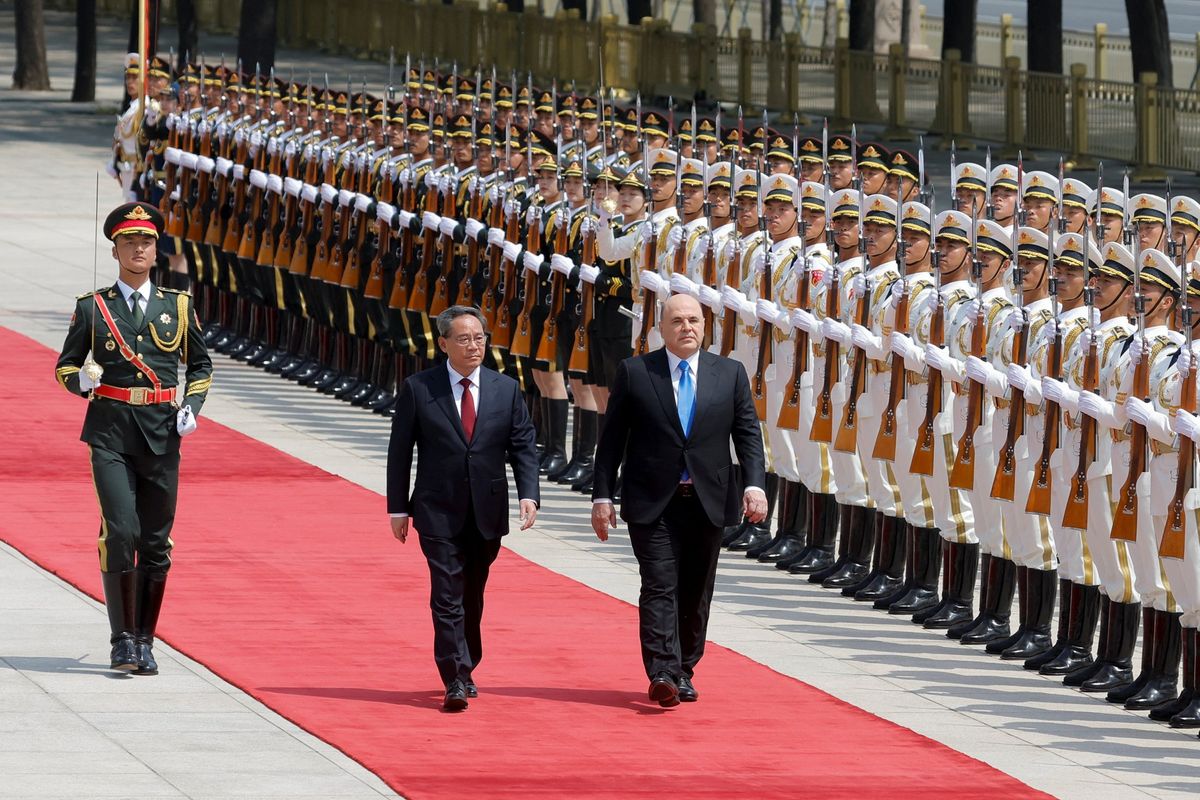So it’s not entirely surprising that Russia has arrested one of its top scientists for handing over information about hypersonics to its close friends in China. The scientist, Alexander Shiplyuk, says the info was public. The Kremlin says it was treason. The fact that Russian PM Mikhail Mishustin is currently visiting Beijing makes it all spicier.
What gives? Aren’t Russia and China friends? Yes, but while Beijing and Moscow share a deep disdain for US power, they’re still technological rivals. In recent years, Russia has arrested several scientists for allegedly passing secrets to China, even while broadening ties with China’s military and arms industry overall.
What’s more, Russia’s leaders have long feared being dwarfed by a much larger China. But now that the Kremlin no longer has European friends to play off of Beijing, Moscow may be even touchier about allowing China to gain advantages in cutting-edge weapons like supersonics, which can evade air defenses.
To be clear, it’s hardly unusual for even the closest of allies to spy on each other — remember when the US was listening to Angela Merkel’s phone calls? But the story of the hypersonic secrets is a reminder that for all the talk of a “friendship without limits,” there are some important boundaries in the Russia-China relationship after all.






